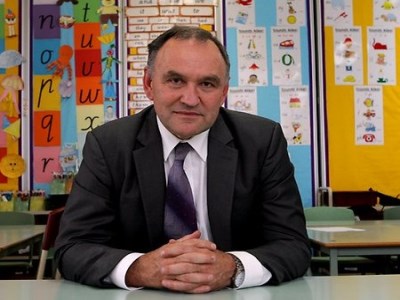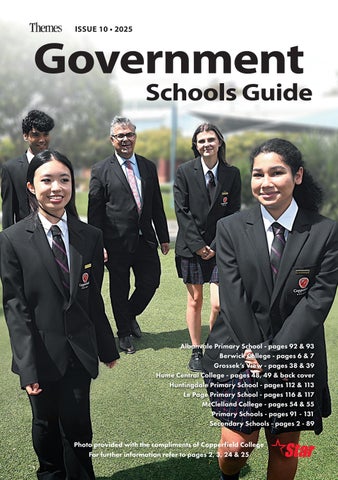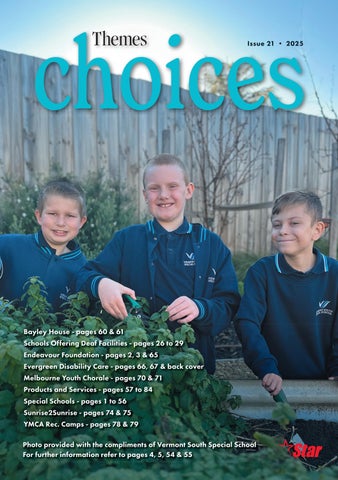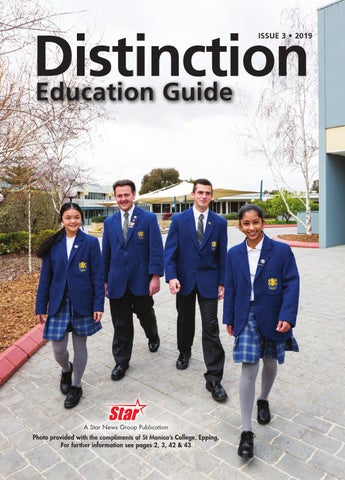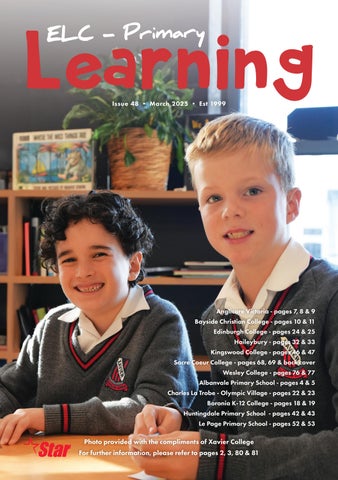Should we be rejoicing?
Karen was in turmoil. Not in the sense that anyone might notice. After all she was alone in her car, driving to work against the traffic in outer Melbourne. It was a pleasant trip – Particularly so, knowing that the traffic snarl, crawling at snail’s pace toward the city was an experience that she could watch from the safety of her car as she headed to her school in outer Melbourne. Karen was a principal of a large public primary school, and had been for five years. Notwithstanding the many frustrations and fears that dappled her love of her job, she was now reflecting on why she wasn’t supremely excited at the breaking news that Victorian primary school students were ranked best nationwide in seven of the 10 tested areas in NAPLAN.
Thank goodness, she thought aloud, fortunate indeed to be heading away from the city centre at this early time of the day. That, at least, gave her time and opportunity for her mind to wander from her driving, ever so slightly.
Ironic, Karen thought, that on the same day that the 2019 full, national NAPLAN report was published, heaping relative praise on Victorian primary school Year 3 and 5 results, media coverage included alarming data on the rates of anxiety of primary school aged children. The nationwide survey of primary school leaders conducted by the Australian Primary Principals Association revealed growing concern among school leaders that the rates of student anxiety was becoming a significant issue for schools across the country.
Karen’s train of thought was abruptly broken by the jangle of her mobile phone. She daren’t answer it, chiding herself as she resisted the temptation, reminding herself that she had again forgotten to reconnect her phone to her Bluetooth facility so obviously available to her in her car. Never mind, she mused – most likely another issue over which she could become stressed. Delayed stress was a condition that Karen was increasingly helping her get through the moment, but only the moment. She realised she was in survival mode,
but what else could she do?
Shortly she would be turning left into the street before her school, a beautiful, tree-lined street, a perfect setting for last second, self-indulgent calmness. For some reason, completely unknown to Karen, she pulled over to the roadside, some fifty metres short of the entrance to her school. It was early autumn and at 7.15am still quite deserted and silent. As she turned the engine off and leaned back in her seat, her gaze caught the shafts of sunlight breaking though the leaves of the plane trees on the nature strip – a favourite for local councils in that area.
Closing her eyes, Karen’s mind drifted back, back to a forum meeting for principals of government schools, held just two weeks earlier. Karen attended these forums on an ad hoc basis. Some she went, some she didn’t. Held several times throughout the year across the different education regions in the state, they were a means by which large gatherings of principals could be brought together and be provided with up to date policies and directions in state education. Some were interesting, many were not. Karen wasn’t sure about this one, but it was early in the year and her optimism was refreshed.
Much of the day was blur, but not so an animated discussion between a senior bureaucrat and a clearly frustrated principal. If nothing else, for some it was a few minutes of energetic entertainment, but not for Karen.
The bureaucrat had eloquently laid out the Department of Education & Training’s (DET) big picture plan for the year. Much of what he said seemed to make sense to Karen, most especially that which tugged at her heartstrings. The overall picture – that we are all doing a great job, but that there are areas in which we could all do better, fell somewhat flat, not just with her, Karen noted. It wasn’t so much that it wasn’t true. Of course there’s always room for improvement, she had thought at the time, but like so many others in the audience, she had heard it all before and by default began bracing herself for the inevitable.
Unsurprisingly, the bureaucrat’s presentation turned to NAPLAN. We needed to do better he exhorted his audience of silent principals with an accompanying set of graphs to reinforce his point. Nimbly, he moved on to statistics that demonstrated the link between poor literacy outcomes for students with poor employment outcomes, poverty and unhappy life outcomes.
Karen and her colleagues were then regaled by an intriguing anecdote, drawn from the bureaucrat’s earlier life as a teacher. His story centred on two former students, both experiencing life’s tougher lessons at an early time in their lives. One went on to a successful adult life, the other not so. His point being that he has always wondered whether there was more he could have done for the student who grew up to be a train wreck. It was a powerful point at which to conclude his presentation. The room was silent for more than a moment.
Frustration was evident in the principal’s voice and demeanour as he rose to question the bureaucrat – his question morphing more into a statement as he spoke. He made just three points, as Karen recalled, sitting quietly in her car in the leafy street, just up from her school on that sunny morning.
Firstly, beginning with the tale of the two boys, he rejected what he felt was little more than emotional blackmail. Parents beat themselves up over their kids too often – wondering where they went wrong with one of their children but not the others. Visit any staffroom and teacher conversation more often than not turns to the children not doing so well. As if teachers are anywhere near the most important influence on the life chances of their students. Significant yes, but not to the point where they should be held more responsible than for which they should. Besides which, most teachers, are suckers for such arguments – could we have done more?
Now on a roll, the principal turned his attention on the bureaucrat’s focus on the connection between poor literacy and numeracy outcomes for students and diminished life outcomes, including that of destructive adult life behaviours. Karen was struck by his message. His message being that it was all well and good to focus on the literacy and numeracy skills of these students, but what about those students with high achievement in literacy and numeracy yet led adult lives deeply destructive in society. He drew on recent revelations with respect to the financial services industries, the Victorian police, the Royal Commission into child abuse and even the banker schools scandal which beset the Victorian public school system not so many years ago. Well educated adults had let society down, and badly so in all cases. Where is the focus he argued, on acknowledging schools that did great things with respect to maximising good citizenship? Surely success in developing ethical citizenship in our students deserves more than a footnote when dispensing attention and accolades to schools for their achievements, when compared with NAPLAN.
Karen took a deep breath, readjusted her seat belt and switched her engine on. Another long day was about to begin.
Henry Grossek
Principal, Berwick Lodge Primary School
Grossek’s View
